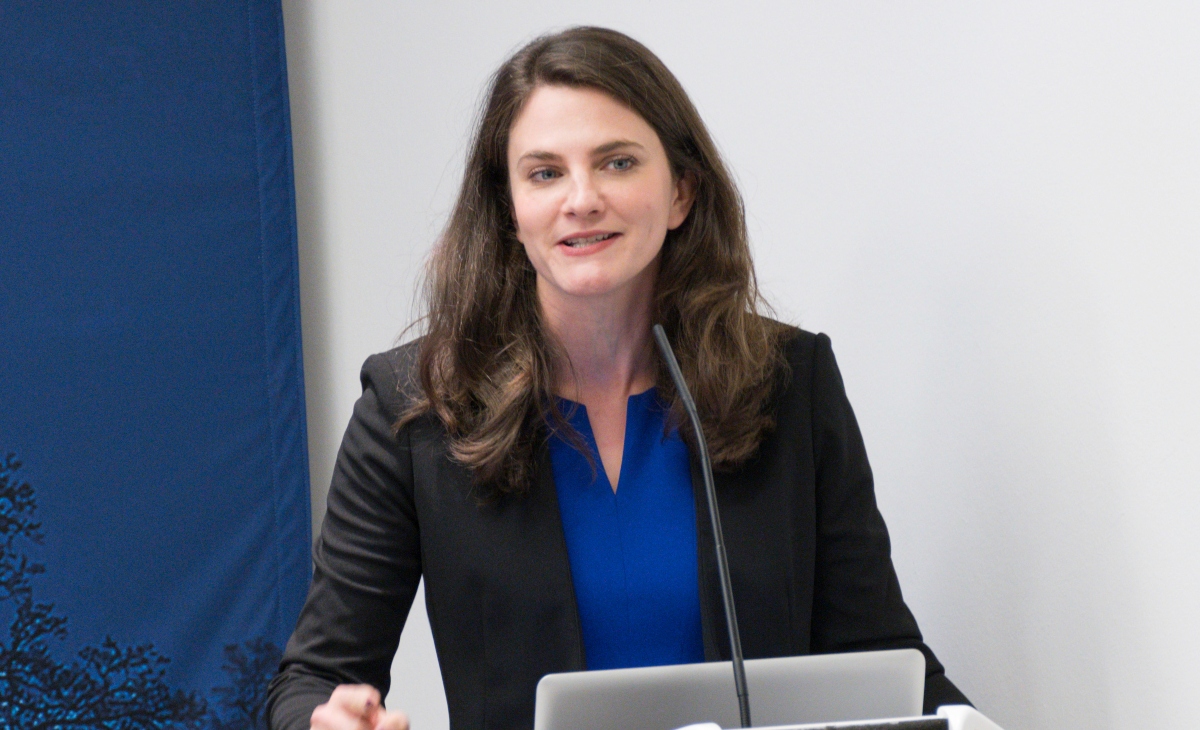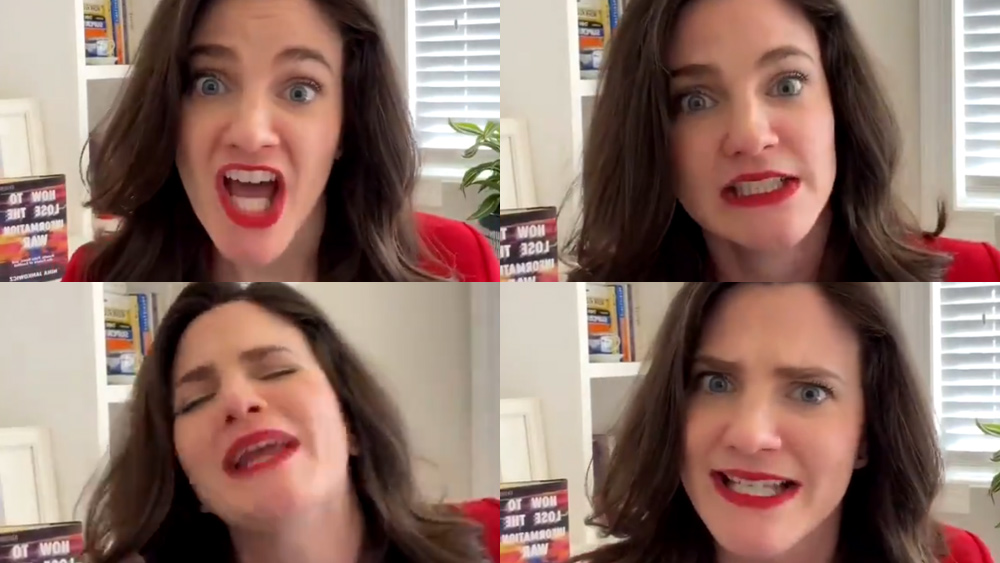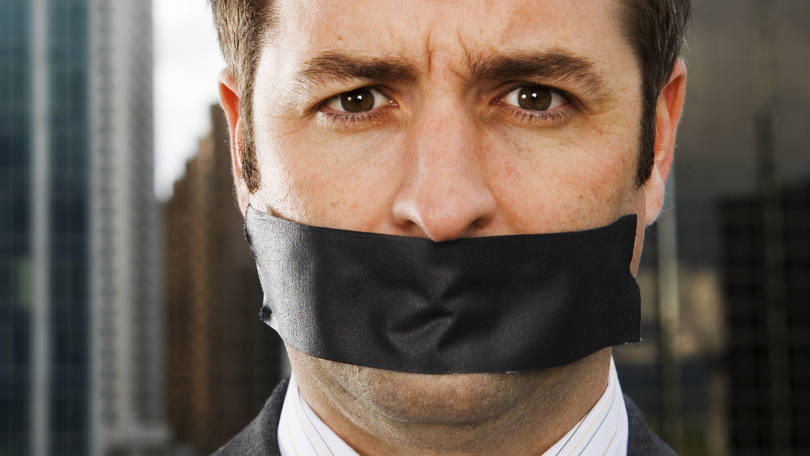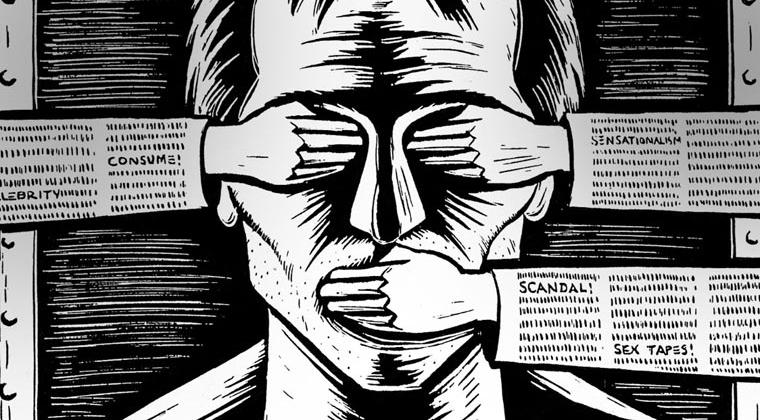Google overtly protecting Black Lives Matter terrorists by refusing to show negative search results
09/03/2020 / By Ethan Huff

If you try to search for anything truthful about Black Lives Matter (BLM) on Google, the search engine’s autocomplete feature has been deliberately programmed to turn up no results, we have learned.
What we call truthful, of course, Google calls “negative” or “misinformation,” which naturally is the justification behind the tech giant’s latest censorship endeavor, which aims to prevent truth-seekers from learning the dark truth about this Marxist movement.
Try it out for yourself to see what happens. According to Breitbart News‘ Allum Bokhari, when he typed the letters “BLM” into Google, followed by the letters “is,” the only suggestion returned was “BLM israel,” which he says is “unusual for a popular search term and suggests that a list of suggestions formerly existed but was removed.”
When this writer typed the letters “BLM” into Google, sure enough the only returned result was “blm israel,” which in and of itself is strange considering that BLM has no seeming connection to Israel, at least as far as we know.
Even weirder is that when you type “BLM is” into Google followed by a space, nothing shows up in autocomplete.
Much like how Google does not want people to watch the Plandemic film, it likewise does not want anyone investigating BLM. This is apparent from the fact that normally something would show up in autocomplete, if not an extensive list of somethings.
More of the latest news about Google censorship is available at Censorship.news.
Even Yahoo! tells the truth about BLM being a terrorist organization
According to Google, the platform’s autocomplete feature is an auto-generated module that pulls up suggestions based on the popularity and frequency of various search terms.
Seeing as how BLM and Black Lives Matter is arguably one of the most popular search terms currently, Google’s autocomplete should be pulling up all sorts of suggestions. Instead, it is pulling up nothing, which is highly suspicious.
The same is true when typing “Black Lives Matter” followed by “is” into Google, which pulls up only two autocomplete suggestions: “black lives matter is not a design challenge” and “black lives matter is a revolutionary peace movement.”
In DuckDuckGo, on the other hand, typing “BLM is” pulls up a slew of suggestions. The privacy-focused competitor of Google makes search suggestions such as: “blm is Marxists” and “blm is a cancer,” which are more than likely an actual reflection of the actual search terms that millions of web users are typing.
DuckDuckGo also pulls up numerous conservative websites like Breitbart News when searching for “BLM is funded by,” something that would never happen on Google, where Breitbart has been totally blacklisted.
On the other hand, the first links to come up on Google when searching for “BLM is funded by” are those provided by none other than far-left Wikipedia, which of course paints BLM in a positive light.
Even Yahoo! and Bing are more honest than Google, showing some “negative” results when searching for “BLM is.” The first autosuggestion for “BLM is” on Yahoo! actually pulls up “blm is a terrorist organization,” which is more than likely what plenty of people are there searching.
Google, it turns out, is the only major search engine that patently censors these types of results, creating the illusion that everyone who matters is in full support of BLM, and that only “racist” conservatives are against the movement.
As you may recall, Google did a similar thing back in 2016 to searches involving failed presidential candidate Hillary Clinton. Users who tried to find “negative” information about Hillary were instead shown only “positive” results, or no results at all.
Sources for this article include:
Submit a correction >>
Tagged Under:
Black Lives Matter, BLM, Censorship, Google, negative search results, terrorists
This article may contain statements that reflect the opinion of the author
RECENT NEWS & ARTICLES
COPYRIGHT © 2018 SPEECHPOLICE.NEWS
All content posted on this site is protected under Free Speech. SpeechPolice.news is not responsible for content written by contributing authors. The information on this site is provided for educational and entertainment purposes only. It is not intended as a substitute for professional advice of any kind. SpeechPolice.news assumes no responsibility for the use or misuse of this material. All trademarks, registered trademarks and service marks mentioned on this site are the property of their respective owners.



















